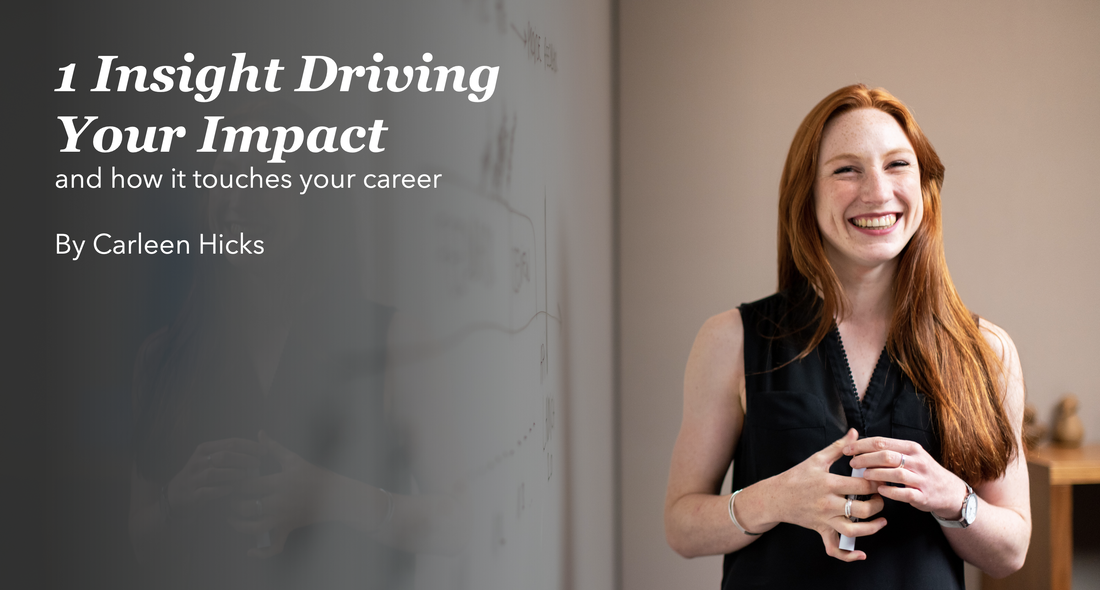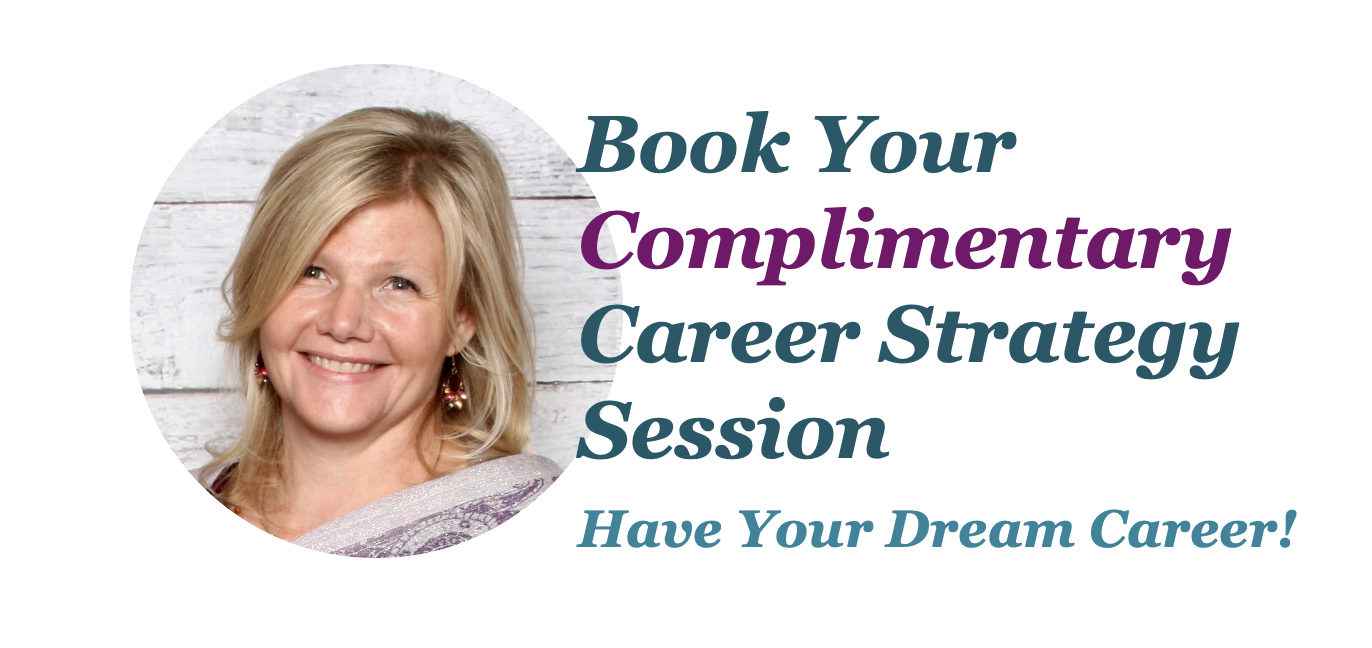|
Someone in my social circle this week said the seeds to our own success or failure are sown in our childhood. I had a strong response to that. My nature is to believe that we always have choice, that anyone could get to wherever they want to go in work and life if that’s what they want, regardless of their past. An optimistic point of view? Yes, very. While everyone has choice in their life, the journey is different for each of us, and the barriers you did, or didn’t, have in childhood determine the level of difficulty you experience in getting where you want to go in adulthood. It’s important to recognize that personal choice comes from having two very specific things throughout your early life (and beyond); the economic and emotional support needed to empower your full potential. Not everyone gets enough of both of these two vital things growing up. Not surprisingly, economic stability alone is not enough to provide everything a person needs to be successful on their own terms, emotional support plays an even bigger role then economics (and economics plays a huge role).
Values are part of our emotional navigation system, they are an expression of how you want to show up in the world, and while they evolve over time, at their core they are encoded to your unique needs as a person. As a very young child you worked hard to be how your care-givers/parents wanted you to be because your safety was completely dependent on them accepting you (and continuing to accept you). Children don’t have choice. So, the emotional support you received (or didn’t receive) in childhood contributes significantly to your values as an adult, which impacts your path to success at work; emotional support in childhood creates what I call your success imprint. This is what it looks like. If as a child you were predominantly:
You may value:
These are but 3 examples (there are MANY more, so if you didn't see yourself above there are different examples for you too); they illustrate how unconsciously you may continue to use what you learned as a child to drive your success at work. Your success imprint can help you to do amazing and great things, but it also creates blind spots that may hold you back:
Here’s the 1 insight driving your impact: these blind spots are hard to see because they masquerade as values and reflect your emotional needs, but on the path to success they will limit your impact and/or the enjoyment of your career and life. There are ways to illuminate your blind spots, challenging them while still living your values and meeting your unique emotional needs. If you want more choice at work, if you’d like to have greater impact or to enjoy more of what you do, I can help. Knowing your success imprint, how it both supports AND sabotages your career, can empower you to use your emotions as insight (rather than a call-to-action), building on your strengths by creating new habits that support both your needs and increase the value of your expertise at work.
Comments are closed.
|
|
|


